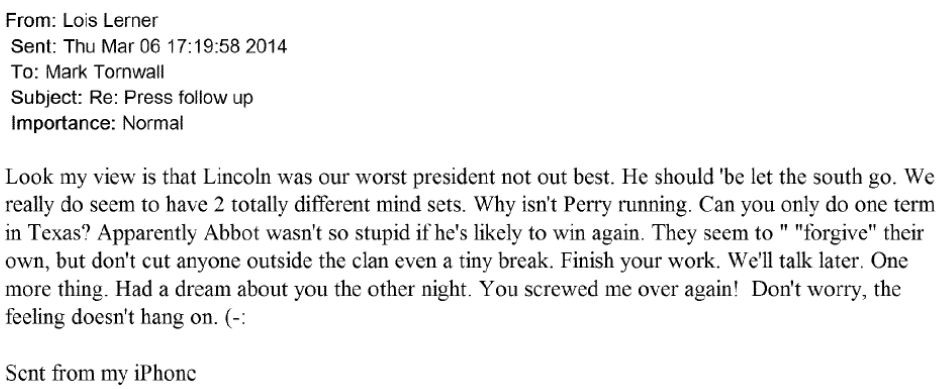There are 38 countries that participate in the State Department Visa Waiver Program. There are very few conditions for people traveling to the United States from those countries to enter our country. There are countless problems with this program most of which is those that over-stay and never go home.
Europe has an unspeakable problem with Islamic State sympathizers and those from the UK are allowed to travel to the U.S. without any real conditions.
To make America safer immediately a first step is to suspend this program immediately and for at least two years.
Have no fear…yeah sure. The program is getting tighter security measures.
DHS Announces Security Enhancements to Visa Waiver Program
By: Amanda Vicinanzo, Senior Editor
Just days ago, Adil Batarfi, one of Al Qaeda in the Arabian Peninsula’s (AQAP) senior commanders, issued a threat against America and the West if they continue to blasphemy Islam. Amid these continued calls for terrorist attacks on the homeland, the Department of Homeland Security (DHS) announced new security enhancements to the US Visa Waiver program (VWP).
The VWP is administered by DHS and enables eligible citizens or nationals of designated countries to travel to the United States for tourism or business for 90 days or less without first obtaining a visa. The VWP constitutes one of a few exceptions under the Immigration and Nationality Act (INA) in which foreign nationals are admitted into the United States without a valid visa.
To enhance the security of the program, DHS Secretary Jeh Johnson announced a number of additional or revised security criteria for all participants—both current and new members— in the VWP. The new criteria include the following:
- Required use of e-passports for all Visa Waiver Program travelers coming to the United States;
- Required use of the INTERPOL Lost and Stolen Passport Database to screen travelers crossing a Visa Waiver country’s borders; and
- Permission for the expanded use of U.S. federal air marshals on international flights from Visa Waiver countries to the United States.
“As I have said a number of times now, the current global threat environment requires that we know more about those who travel to the United States,” Johnson said. “This includes those from countries for which we do not require a visa.”
Johnson said the new enhancements build on a number of changes implemented last September. DHS required travelers from the 38 VWP countries where a visa is not required for US entry to provide additional passport data, contact information and other potential names or aliases in their travel application submitted via the Electronic System for Travel Authorization (ESTA) before they could travel to the US.
DHS took steps to improve the program in the wake of the adoption of United Nations (UN) Security Council Resolution 2178 last September, which urged member nations to do more to address the growing threat of foreign terrorist fighters.
“The security enhancements we announce today are part of this department’s continuing assessments of our homeland security in the face of evolving threats and challenges, and our determination to stay one step ahead of those threats and challenges,” Johnson said. “And, it is our considered judgment that the security enhancements we announce today will not hinder lawful trade and travel with our partners in the Visa Waiver Program. These measures will enhance security for all concerned.”
Homeland Security Today reported earlier this year that lawmakers have become concerned that the program could be used as a gateway for terrorists to enter the United States. Sen. Dianne Feinstein (D-Calif.), vice chairman of the Senate Select Committee on Intelligence, called the VWP the “Achilles’ heel of America,” saying citizens from visa waiver countries could travel to Syria to fight for jihadist groups and return home to conducts attacks.
A UN report from earlier this year revealed that the number of foreign fighters leaving their home nations to join extremist groups in Iraq, Syria and other nations has hit record levels, with estimates of over 25,000 foreign fighters coming from nearly 100 countries.
Rep. Michael McCaul (R-Texas), chairman of the House Committee on Homeland Security, has raised similar concerns. During an interview with CBS’ “Face the Nation,” McCaul said, “We have a visa waiver-free system where they can fly in the United States without even having a visa. We need to look at all sorts of things like that.”
However, defenders of the program believe VWP is critical to national security. At a speech at The Heritage Foundation, former Secretary of Homeland Security Michael Chertoff made the case for continuing the VWP.
“Now is not the time to handicap or dismantle our intelligence collection programs … that have literally been at the cornerstone of protecting the United States since 2001.” VWP is “a plus-plus for our national security and our economic security,” Chertoff said.





